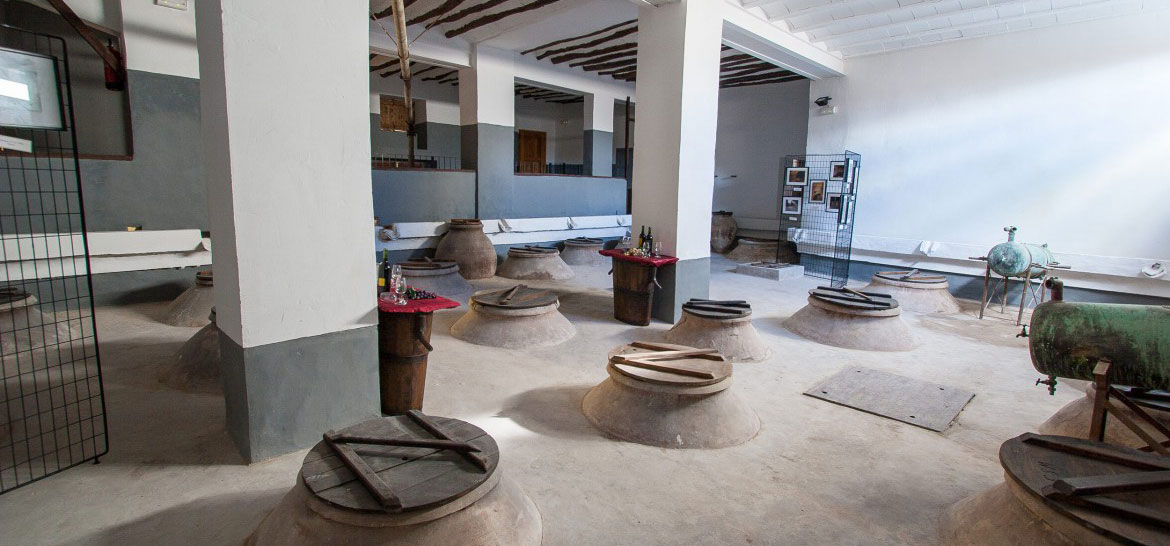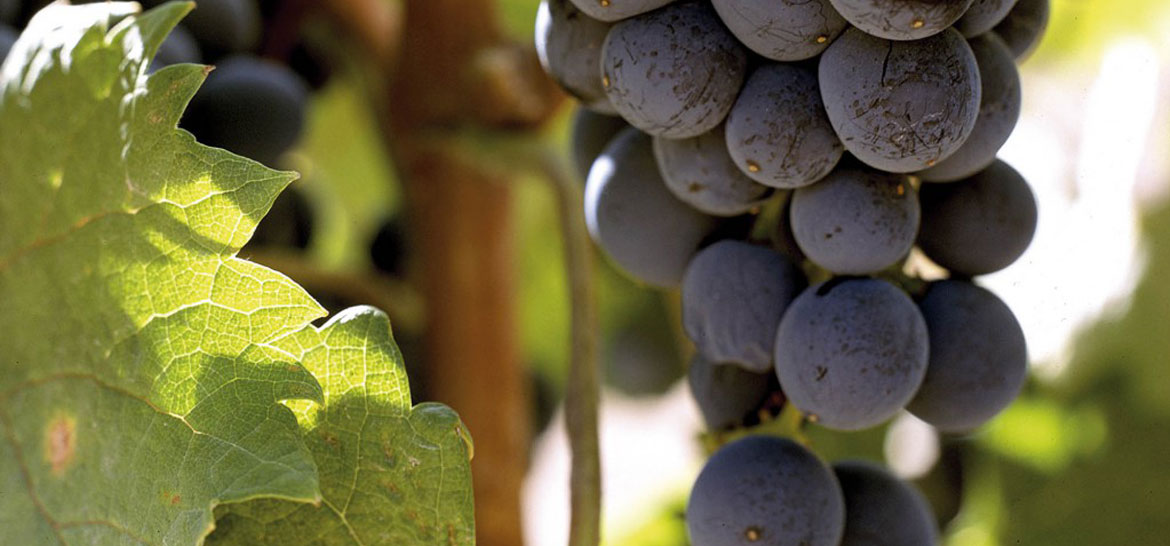The wine in Bullas


Wine is not only a high quality product coming from the know-how of the people of Bullas but also a real sign of identity for the whole municipality.
The wine tradition is shown in plenty of houses in both the town’s historical centre and the countryside, where there are still remains of small family wine cellars in their basements. A municipality’s act of 1849 provides many details for the knowledge of the systems of vine cultivation and wine making, a real living way in those times.
The harvest took place late in Bullas, never before the October’s Patronal Feast. The Municipality even banned to collect the grapes earlier, so they were harvested with a high level of ripening and then a high degree of sugar, so the wines had an important volume of alcohol, too. Wine making was developed in particular cellars, owned or rented to those who did not use them. As the total amount of produced wine was large, the surplus was exported to other region’s towns, especially to Lorca and Totana but also to other nearby provinces. The transport was made with skins by the Camino Real de Lorca in carts of mules or oxes.
Nowadays, the wine industry of Bullas has been widely modernised with the renewal of the vines, inclusión of new grape varieties, technology investment and from 1994, the declaration of Origin Designation Area, which guarantees a painstaking making and aging with tough regulations for the wineries. There is a wide work to produce quality wines and increase competitiveness.
All these changes have not avoided that Bullas still maintains the special atmosphere of a wine town from old times. Apart of the economic value of the production of wine, Bullas has become a real point of tourist attraction in the last years, with projects such as the Wine Museum or the Wine Route, fundamental core ideas to appreciate all that the vine product means in these lands of the Northwest of the Region of Murcia.








